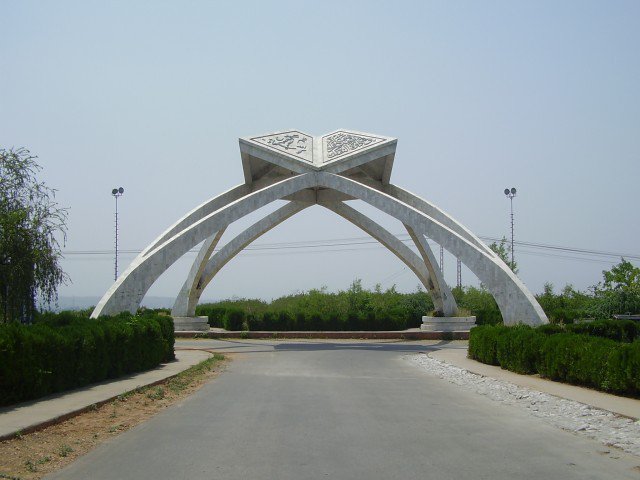
However, this power structure has undergone several changes over the years owing to different factors such as a changed external environment, domestic security, economic situation, challenges in its major relationships, and democratic transition and transformation.
This was stated by Dr Ishtiaq Ahmad, director of the School of Politics and International Relations at the Quaid-e-Azam University and co-editor of the book
“Pakistan’s Democratic Transition: Change and Persistence”.
The book was launched by the Center for Research and Security Studies (CRSS) in Islamabad on Saturday.
Rafiq, who is a doctoral candidate at University of Oxford, said that the indicators of the changing political power structure include increased political participation, indictments, voices against social evils, support to accountability, and social mobility. This changing political landscape makes the idea of another coup not impossible, but certainly more expensive.
Published in The Express Tribune, December 4th, 2016.
































1713853507-0/MalalaHilary-(2)1713853507-0-270x192.webp)








COMMENTS
Comments are moderated and generally will be posted if they are on-topic and not abusive.
For more information, please see our Comments FAQ